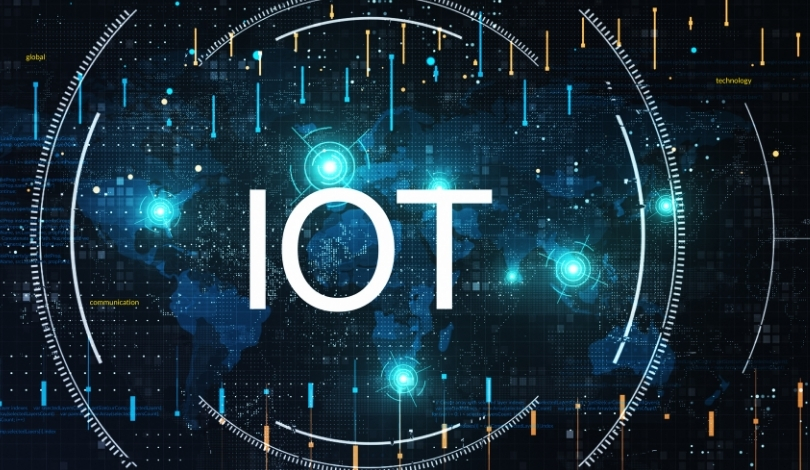The LoRa Alliance has taken significant strides to enhance its certification program, addressing expanding market needs and improving the certification process. This initiative introduces new testing capabilities and establishes a new test lab in Brazil, broadening the reach and efficiency of certification for IoT devices. As the demand for IoT solutions grows globally, these efforts by the LoRa Alliance aim to meet industry requirements and support the increasing number of certified devices in the market.
LoRaWAN is a low-power, wide-area network protocol designed for wireless battery-operated devices in regional, national, or global networks. It was launched in 2015 by the LoRa Alliance to enable low-power communication over long distances, making it ideal for IoT applications. The protocol’s primary characteristics include long-range communication, low power consumption, and secure data transmission, facilitating its adoption in various sectors such as smart cities, agriculture, and industrial IoT.
In recent news, the LoRa Alliance’s certification updates align with previous enhancements aimed at simplifying certification processes and expanding testing capabilities. Earlier announcements focused on streamlining procedures and introducing new testing features, ensuring that devices meet stringent performance standards. This continuous improvement reflects the Alliance’s commitment to maintaining high certification standards and supporting the evolving needs of IoT manufacturers and users.
Comparatively, previous updates primarily centered on adding new testing features and expanding certification options. This latest expansion goes further by establishing a new test lab in Brazil, which marks a significant development in making certification more accessible for manufacturers in Latin and South America. This initiative not only supports local manufacturing but also aims to accelerate the adoption of LoRaWAN technology in these regions, facilitating the entry of more certified devices into the market.
LoRaWAN Certification Enhancements
The updated certification program now includes LoRaWAN Relay feature testing, which is essential for extending communication reach and improving network scalability. Relay testing ensures that end devices comply with the latest standards, enhancing their performance in various applications such as utilities and satellite communications. The new test lab in Brazil, operated by DEKRA, provides local testing capabilities, reducing time and costs associated with shipping products abroad for certification.
Streamlined Certification Process
The introduction of the LoRaWAN Web Certification System (LWCS) automates and simplifies the certification process, minimizing paperwork and administrative overhead. This system supports various certification routes, including traditional ATL certification, certification by similarity, and self-testing by authorized members. The Member Self-Testing Program allows certified members to conduct their own device tests, submit the results directly, and expedite the certification process while maintaining high standards.
Key Insights
* New Relay testing feature enhances network scalability and device compliance.
* Brazil’s new test lab reduces certification time and costs for local manufacturers.
* Automated certification process via LWCS minimizes administrative tasks and errors.
* Self-testing option accelerates market entry for certified devices.
The LoRa Alliance’s latest initiatives demonstrate an ongoing commitment to simplifying the certification process and expanding testing capabilities. By introducing new testing features and establishing a local test lab in Brazil, the Alliance significantly supports the growth of LoRaWAN technology in Latin and South America. The automation of the certification process through LWCS further streamlines the procedure, reducing administrative burdens and facilitating timely certification. These efforts collectively enhance the efficiency and accessibility of the certification program, encouraging the proliferation of certified IoT devices globally.










